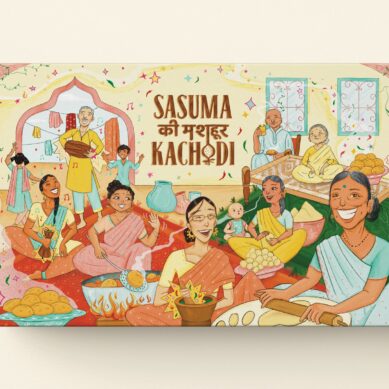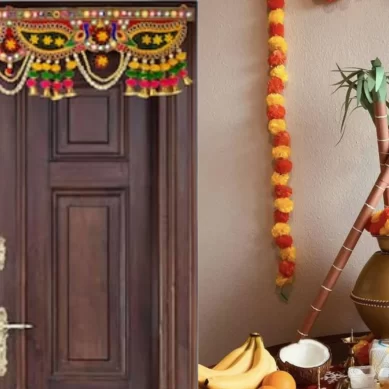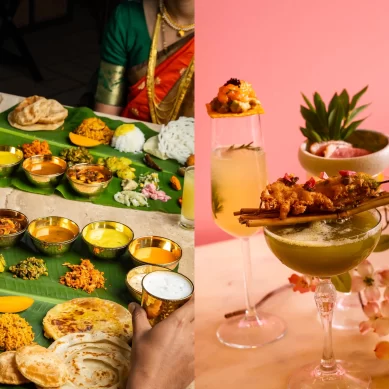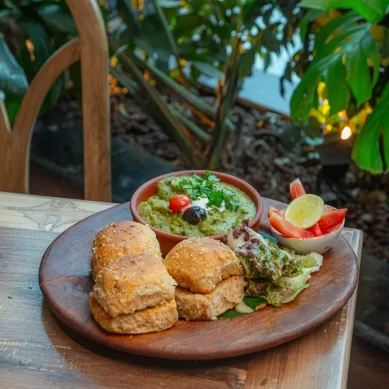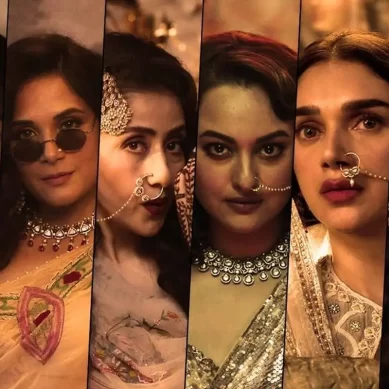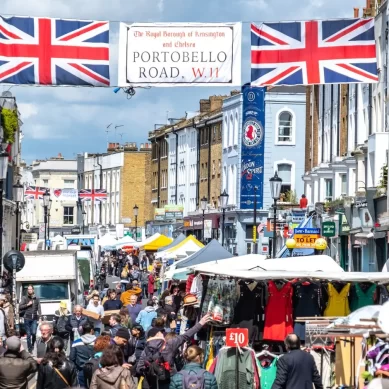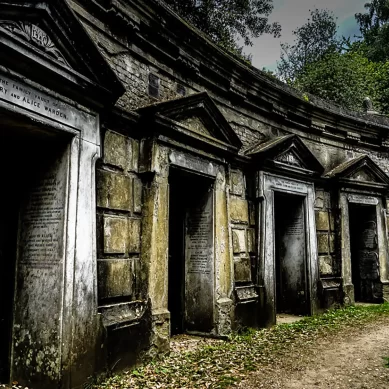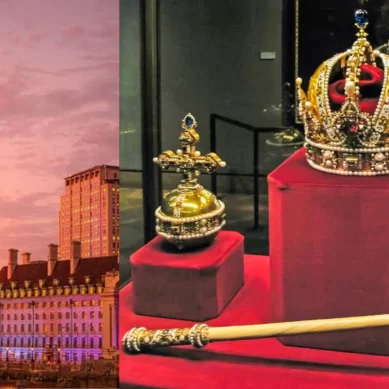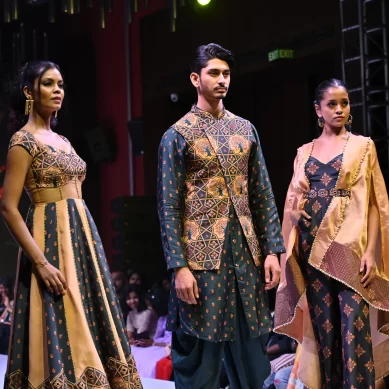
International Womens Day 2024, celebrates a trip through India’s historic past, covered with the determined spirit of outstanding women whose footprints survived over the ages. In this tribute, let us honor 10 remarkable Indian great women, excluding current and post-modern figures, whose everlasting contributions have been woven into the very fabric of the nation. From legendary queens to established leaders, each woman’s tale demonstrates solid determination and amazing achievements.
Rani Lakshmi Bai
Rani Lakshmi Bai, better known as the Queen of Jhansi, was a key player in the Indian Rebellion of 1857 against British rule. She was born in 1828 and married the king, making her the royal of Jaipur. She was widowed at a young age and refused to turn over her kingdom to the British, who planned to take it under the Doctrine of Lapse. She battled valiantly against the British, leading her army and inspiring many others to join the rebellion. She died in 1858 during the Battle of Gwalior, but her legacy lives on as a symbol of resilience and patriotism.

Image Source :Pinterest
Razia Sultana
Razia Sultana was the first and only female queen of the Delhi Sultanate, a historical Islamic monarchy that ruled over most of India between the 13th and 16th centuries. She was born in 1205 and took the throne in 1236, following the death of her father, Sultan Iltutmish. She was a skilled and wise queen who made many changes, including administration improvements, education promotion, and equal rights for women. Despite opposition from the nobility and clergy, she implemented progressive reforms that emphasised education and administration. She was murdered in 1240 by one of her rivals, although her rule is regarded as the golden age of the Delhi Sultanate.

Image Source :Pinterest
Sarojini Naidu
Sarojini Naidu, widely known as the “Nightingale of India,” was a complex character in Indian history. Sarojini Naidu was a poet, politician, and freedom fighter who played an important part in the Indian independence movement. She was born in 1879 and studied in both India and England. In 1905, she joined the Indian National Congress and rose to prominence as a nationalist leader. She was very close to Mahatma Gandhi and Jawaharlal Nehru and took part in numerous civil disobedience actions and protests. In 1925, she became the first Indian woman to serve as President of the Congress, and in 1947, she became the first woman to serve as Governor of an Indian state.

Image Source :Pinterest
Mother Teresa
Mother Teresa, born on August 26, 1910, and died on September 5, 1997, in Kolkata, was a beacon of compassion who dedicated her life to humanitarian efforts. In 1950, she started the Missionaries of Charity, a multinational group that cares for the poor. Her devoted efforts focused on the sick, destitute, and dying, providing them with comfort and dignity. Mother Teresa’s legacy goes beyond her lifetime, influencing other people to be generous. Her relentless efforts garnered her multiple awards, including the Nobel Peace Prize in 1979. Today, the Missionaries of Charity continue their mission by running homes and services throughout the world. Mother Teresa’s significant impact on social reform is still felt today, showing the transformative power of empathy and charity.

Image Source :Pinterest
Rani Chennamma
Rani Chennamma was the queen of Kittur, a small principality in southern India, and one of the earliest Indian rulers to resist the British colonialism. She was born in 1778 and became the queen of Kittur in 1824 after the death of her husband. She adopted a son as her heir, but the British refused to recognize him and tried to annex her kingdom under the Doctrine of Lapse. She resisted the British invasion and fought two wars against them in 1824 and 1829.

Image Source :Pinterest
Mira Bai
MiraBai, an adept, saint, and poet, is regarded as one of Lord Krishna’s greatest devotees. She was born in 1498 and married a prince from Mewar, a Rajput kingdom in western India, in 1516. She was profoundly devoted to Krishna and conveyed her love and devotion through her music and poetry. She also rejected her time’s conventions and traditions, including the caste system, the purdah system, and the practice of sati. She faced many sufferings and attacks from her in-laws and society, yet she remained firm in her faith and dedication. She is said to have miraculously vanished into the image of Krishna in 1546, yet her songs and poems are still sung and recited by millions.

Image Source :Pinterest
Savitribai Phule
Savitribai Phule was a 19th-century social reformer, educator, and poet who advocated for women’s, lower-caste, and disadvantaged rights. Born in 1831, she married fellow reformer Jyoti Rao Phulein 1840. She was India’s first female teacher, opening the first girls’ school in 1848. She also established numerous more schools, orphanages, and women’s organizations. She advocated against child marriage, sati, caste discrimination, and gender injustice.

Image Source :Pinterest
Indira Gandhi
Indira Priyadarshini Nehru was born on November 19, 1917, in Allahabad, the united provinces of Agra and Oudh, British India. She was an Indian politician and the first female Prime Minister of India, serving three consecutive terms (1966-77) and a fourth term from 1980 till her assassination in 1984. Indira Gandhi was voted “Woman of the Millennium” in a 1999 BBC online poll. In 2020, Time magazine named her one of the 100 most powerful women who marked the last century.

Image Source :Pinterest
Lakshmi Sahgal
Lakshmi Sahgal (1914–2012) was an Indian freedom fighter, revolutionary, and women’s rights activist. Born in Madras, she was a key figure in the Indian National Army (INA) during the country’s war for independence from British domination. Sahgal, a close companion of Netaji Subhas, Chandra Bose, commanded the Rani of Jhansi Regiment, the INA’s women’s unit. Following independence, she remained committed to social causes, campaigning for women’s empowerment and served as a Member of Parliament. Her contributions to India’s war for freedom and following societal improvement cement her reputation as a brave leader in the country’s history.

Image Source :Pinterest
In conclusion, International Womens Day 2024 is a historic opportunity to recognize the unwavering spirit and accomplishments of 10 pioneering women who have left a lasting mark on Indian history. From social reformers and political leaders to scientists and artists, these women broke down impacts and paved the path for development. Their stories inspire future generations by pointing out Indian women’s tenacity and intelligence. As we commemorate their successes, let us renew our commitment to gender equality, recognizing that every woman’s potential is limitless. International Women’s Day is more than just a celebration; it is a call to action, challenging society to empower, uplift, and champion the women who continue to create the nation’s destiny.
By :Glana Nikitha Rodrigues





